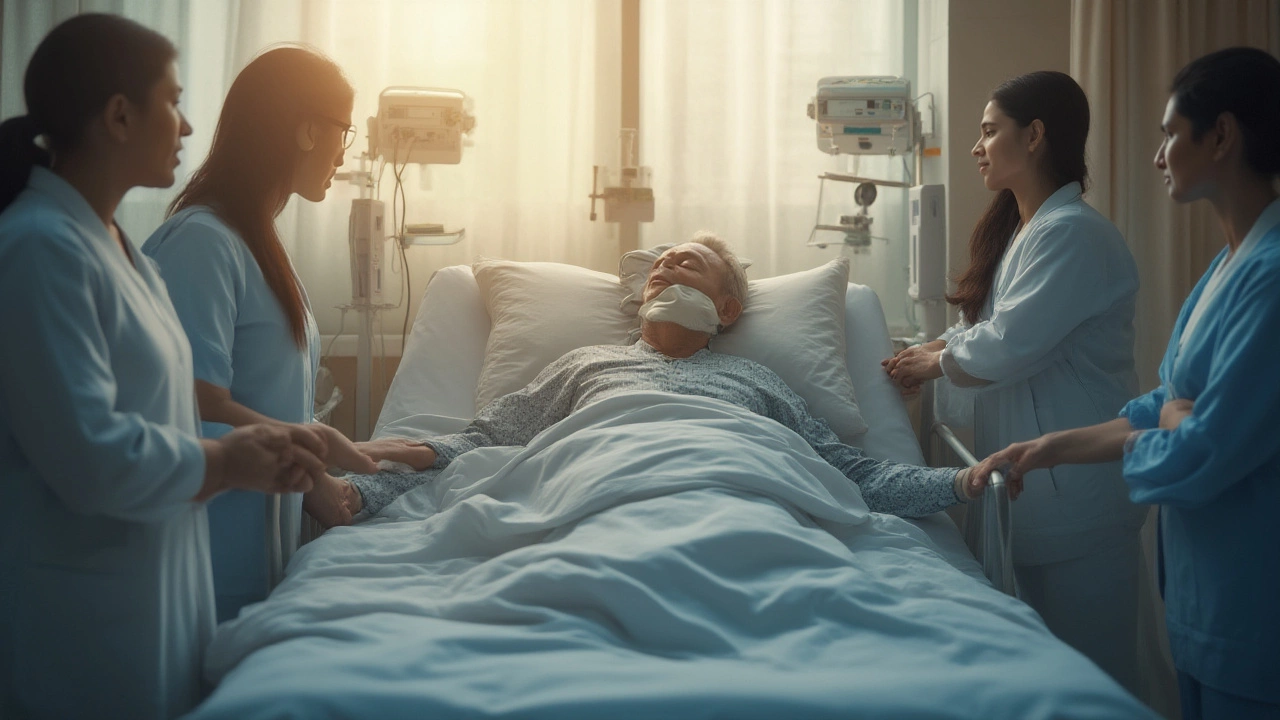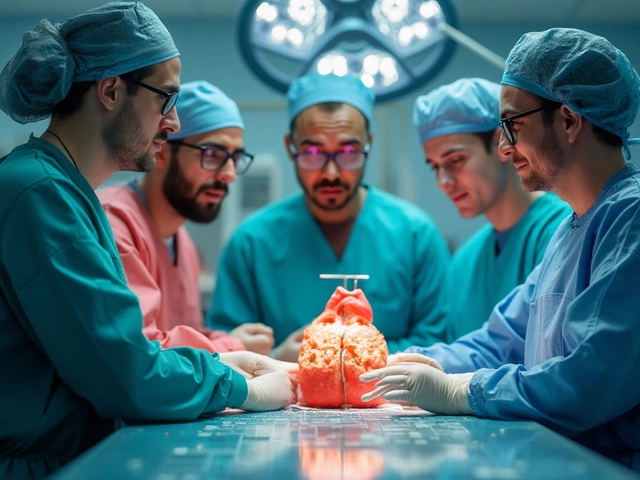Orthopedic Complications: Quick Guide to Risks, Signs & Recovery
If you’ve ever visited an orthopedic surgeon or recovered from a joint operation, you probably heard the word "complication" tossed around. It sounds scary, but most complications are predictable and can be caught early. Knowing what to look for saves pain, money, and a lot of worry.
First off, not every ache after a knee or hip procedure is an alarm bell. Some soreness is normal as your body heals. The tricky part is telling the difference between normal post‑op discomfort and a red‑flag sign that needs a doctor’s eye.
Common Complications After Surgery
In India, the most reported orthopedic issues after surgery are infection, blood clots, and stiffness. Infection usually shows up as increasing redness, swelling, heat, or a foul smell from the incision. If you notice any of these, call your surgeon right away. Blood clots can cause sudden calf pain, swelling, or a feeling of warmth in the leg. These are serious because they can travel to the lungs.
Stiffness often creeps in when you skip physiotherapy or move too quickly. The joint might feel tight, and you’ll lose range of motion. Gentle, regular stretches prescribed by your therapist usually keep this in check.
How to Spot and Manage Issues Early
Set a simple daily checklist: look at the wound, note any new pain, and check for swelling. Write down the temperature of the area – a warm spot can mean infection or inflammation. Use a mirror if you can’t see the incision well.
When you’re at home, keep the wound clean and dry. Follow the surgeon’s advice on dressing changes and antibiotic use. If you’re prescribed pain meds, take them as directed – stopping early can hide warning signs.Another easy habit is to move a little every day. Even short walks reduce clot risk and keep the joint fluid moving. If you feel dizzy or short‑of‑breath after a walk, that could be a clot warning.
Nutrition helps too. Protein supports tissue repair, while vitamin C and zinc boost immunity. A balanced diet speeds recovery and lowers infection chances.
Finally, never ignore persistent numbness, tingling, or loss of strength. Nerve irritation can happen during surgery and may need a follow‑up test.
Remember, complications are not inevitable. Most patients heal without major issues when they stay alert, follow post‑op instructions, and reach out to their doctors at the first sign of trouble.
So, keep an eye on your incision, stay active in a safe way, eat well, and schedule those physiotherapy sessions. By doing these simple things, you turn a scary word like "complication" into a manageable part of your recovery journey.

Hardest Orthopedic Surgery to Recover From: Challenges and Facts You Should Know
Explore why spinal fusion is often called the hardest orthopedic surgery to recover from. Learn about its challenges, success rates, pain, and pro recovery tips.




